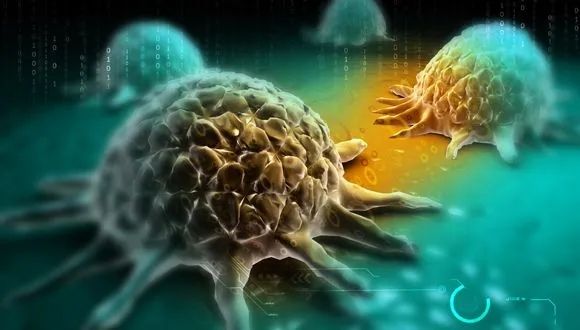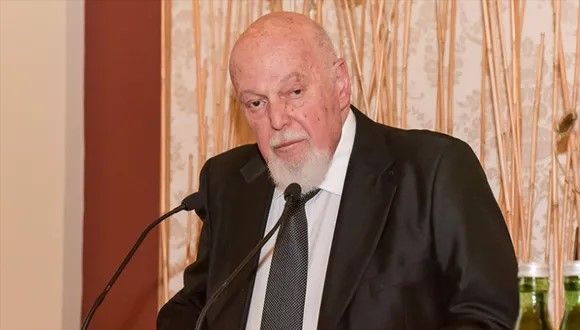
TAU researchers develop new treatment for rare genetic disorder
Written on | Medicine
Adolescents and young adults with familial adenomatous polyposis bear a high risk of developing cancer
Researchers from Tel Aviv University and Tel Aviv Sourasky Medical Center (Ichilov Hospital) have developed an innovative drug treatment for familial adenomatous polyposis (FAP), a rare, inherited condition that affects adolescents and young adults and often leads to colorectal cancer.
The novel drug, based on antibiotics, inhibits the development of intestinal polyps that, left untreated, become cancerous. In a preliminary clinical trial, the condition of seven out of eight patients who completed the full treatment improved dramatically.
The research was jointly led by Prof. Rina Rosin-Arbesfeld of the Department of Microbiology and Clinical Immunology at TAU’s Sackler School of Medicine and Prof. Revital Kariv of the Sackler School and the Department of Gastroenterology at Tel Aviv Sourasky Medical Center. FAP, which is characterized by multiple polyps along the gastrointestinal tract, especially in the large bowel, is caused by a mutation in the adenomatous polyposis coli (APC) gene. These mutations are also crucial for colorectal cancer development.
Why does FAP lead to colon cancer?
“To prevent the development of colorectal cancer, FAP patients are closely monitored via frequent colonoscopies to locate and remove their polyps,” Prof. Rosin-Arbesfeld says. “However, some patients must have their colons removed at a very young age, which dramatically affects their quality of life.” In its normal state, APC promotes the production of a protein that inhibits cancer development. But mutations to the APC gene produce an inactive protein that is unable to prevent the development of the polyps. In some FAP patients, the mutations in the APC gene are what are called “nonsense mutations.” “Each sequence of three nucleotides in the DNA is a code that tells the cell to produce a certain amino acid, which are the building blocks of the proteins produced in the body’s cells,” Prof. Rosin-Arbesfeld explains. “At the end of the protein coding sequence, there is usually a ‘stop codon’ to stop the protein production. But in FAP patients with a nonsense mutation, the APC’s stop codon appears prematurely, so the protein production stops prematurely, creating an inactive protein.”Preventing surgical intervention
Previous experiments on cell cultures and mouse models in Prof. Rosin-Arbesfeld’s laboratory revealed that certain types of antibiotics caused cells to “ignore” the mutation stop codon and a normal protein resulted. These trials yielded promising results that led to the clinical trial at Tel Aviv Sourasky Medical Center. “Since the relevant antibiotics were already approved for human use, we decided to move directly from the laboratory to the clinic and to examine the treatment of FAP patients,” says Prof. Rosin-Arbesfeld. In the clinical study carried out by Prof. Kariv and Dr. Shlomi Cohen, director of the Pediatric Gastroenterology Unit at Dana-Dwek Children’s Hospital, 10 FAP patients received the novel antibiotic therapy. Eight of them completed the treatment, which lasted four months. Colonoscopies performed during and after the treatment showed that in seven patients the polyps significantly decreased in number. Moreover, the positive effects of the treatment were evident a year after it began. “Our goal as therapists, in addition to preventing cancer, is to improve the quality of life of our patients and their families and to enable them to live as full and normal lives as possible,” Prof. Kariv concludes. “The new therapeutic approach we are developing may allow patients to delay surgical intervention or even prevent it entirely.” The researchers recently won Tel Aviv University’s SPARK grant, which supports the development of applied research.Related posts







Destroying Cancer: new drug delivery system containing RNA therapy can target cancer cells in bone marrow
31 July 2023





Operation Guardian of the Walls: Women, Young People and Residents of the South Paid the Heaviest Price
12 July 2023



Breakthrough Gene Therapy Offers Hope for Severe Developmental Epilepsy in Children
27 June 2023

Prof. Isaac P. Witz Honored with 2023 Szent-Györgyi Prize for Progress in Cancer Research
26 June 2023
